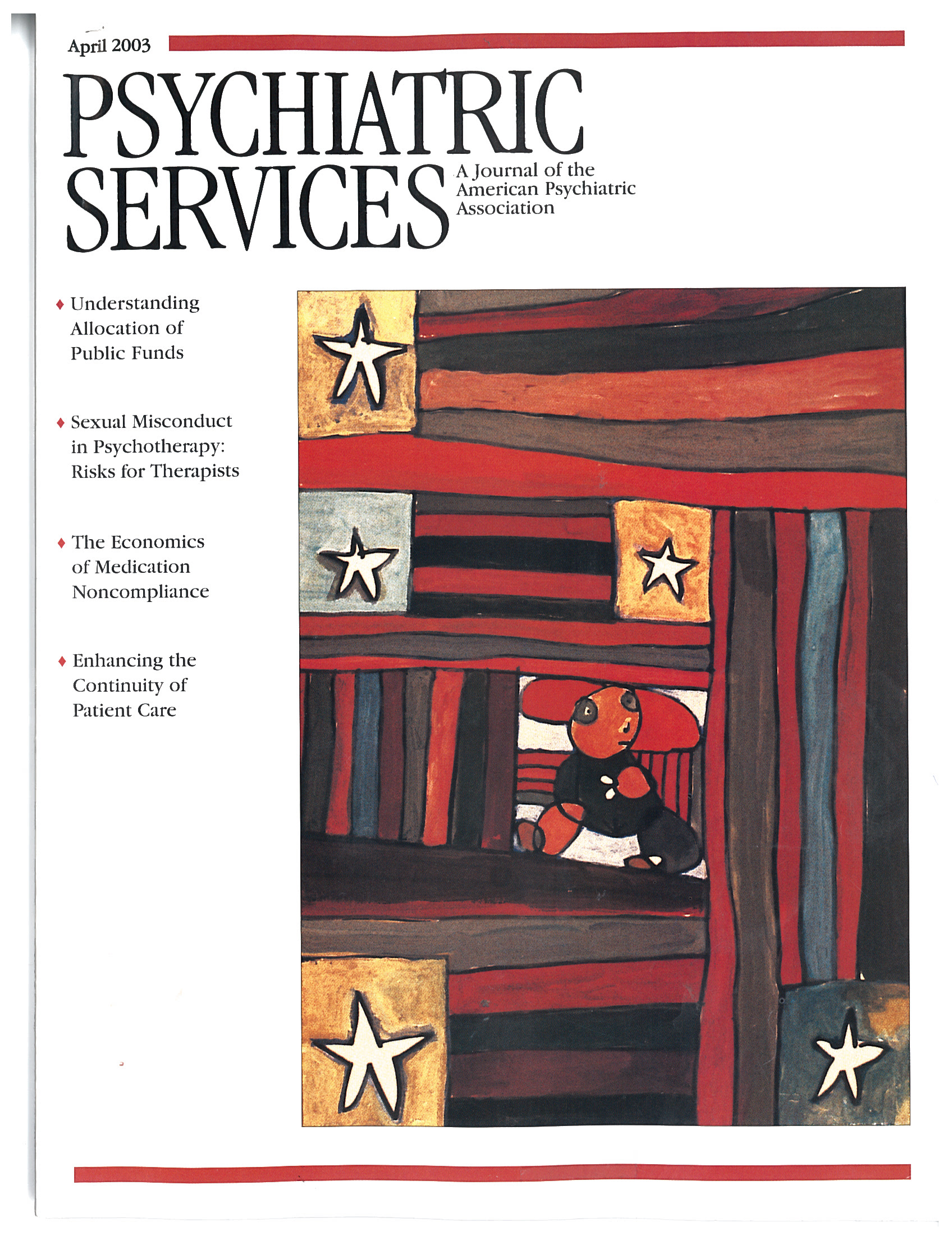To the Editor: In the Law & Psychiatry column of the January 2003 issue, Paul Appelbaum provides a commentary on California's new outpatient commitment statute (
1). In his analysis of the law he states, "Laura's Law begins with a preamble that recites some of the data uncovered by the Rand study [
2]. Perhaps most impressive is that 37 percent of the persons involuntarily committed in California on 72-hour holds had no record of outpatient service use in the previous year. The implicit suggestion is that, had these persons been compelled to accept outpatient treatment, these hospitalizations could have been avoided."
We would like to clarify that if there was indeed an "implicit suggestion," the suggestion was made by the authors of Laura's Law and not by Rand. In fact, the Rand study itself is quite clear on this point.
To quote from our letter and from our testimony in June 2002 before the California Senate Health and Human Services Committee: "We found that thousands of Californians who were sick enough to be placed in custody for evaluation of their mental condition had received no community mental health services in the year prior to their involuntary treatment. Thousands more had received only minimal outpatient treatment. The proponents of court-ordered treatment suggest that this is because people refuse treatment unless they are forced to accept it. This is an assumption based on anecdote. But a version of this same argument appears in the legislative findings of AB 1421. To be clear—while it is true that the California Department of Mental Health data do not support the assumption that use of the involuntary treatment system is caused by access problems, it is clear that the data do not support the opposite assumption either. It is just as likely that some people who want treatment cannot get it or cannot get as much treatment as they want or need. This question simply can't be answered with existing administrative data and the statement that appears in the legislative findings of AB 1421 is misleading."
Certainly the authors of Laura's Law are entitled to draw their own inferences from the data presented in the Rand report. However, the Rand report provided a balanced view, which we felt it was important to clarify for readers of Psychiatric Services.
I would encourage interested readers to download the report and make their own judgments about what the empirical studies, the experience of key informants in eight states, and the California administrative data say—and do not say—about the effectiveness of involuntary outpatient treatment. The report is available on the Rand Web site at www.rand.org/icj.

